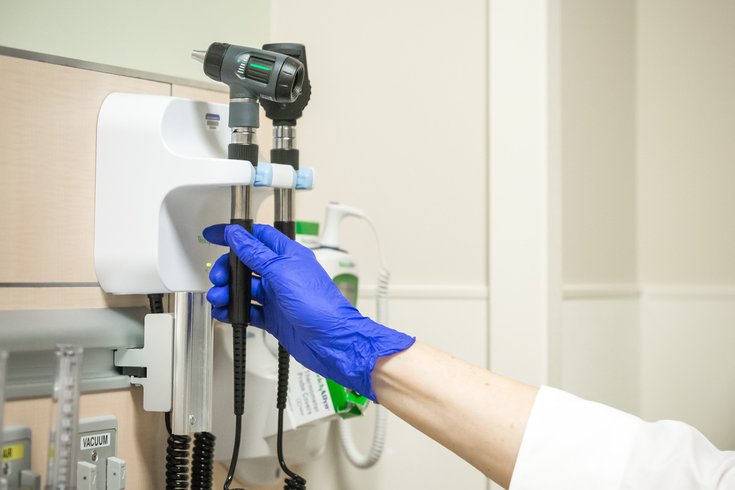
January 12, 2016
 Thom Carroll/for PhillyVoice
Thom Carroll/for PhillyVoice
Practicing preventive care will put you in control of your health.
A trip to the doctor’s office, especially when nothing is wrong, is never at the top of anybody’s to-do list. But preventive care is more important than you may realize: Among people 30-49, preventive health screenings significantly increase life expectancy. If a longer life doesn’t persuade you to visit your doctor, consider the alternative: an early death. Preventable causes of death, like tobacco use or poor diet, lead to an estimated 900,000 deaths per year. That’s 40 percent of all annual deaths that could have been prevented!
Don’t be another statistic. Practicing preventive care promotes a lifestyle of wellness and can help you catch a minor issue before it becomes a serious problem.
From diabetes to high blood pressure to cancer, you can prevent long-term disease in your future with regular checkups today. If your family background puts you at a greater risk for chronic disease, screening is the best way to stay informed about what’s going on with your body, enabling you to live your life the way you want to.
If checkups make you uncomfortable, forming a lasting relationship with your doctor will put you more at ease. Seek out a practitioner who you like and trust. Doctors who specialize in internal medicine holistically approach your physical, mental and emotional health, and because of your bond, they will notice changes in your well-being that you may not have noticed yourself. Personalized care can mean catching an illness early, before it turns into an unwanted trip to the hospital down the line. Your health is your most important asset, and a trusted physician who knows your health history can make all the difference if it takes a scary or trying turn.
Along with avoiding surprising diseases, preventive care can help you maintain a healthier lifestyle. A checkup is an opportunity to check-in with the state of your health and reminds you of any lifestyle changes you should make. A dependable relationship with your practitioner also allows you to ask questions and learn more about the right foods, new prescriptions and even questionable moles. Preventive checkups keep you aware of extra weight you may have unknowingly put on and troubling mood swings that could indicate depression.
If you want to raise a family, your reproductive health is important, and general preventive checkups can abate issues down the line. Beyond alcohol and tobacco use, the American Journal of Obstetrics and Gynecology shows that women with an unhealthy BMI are at risk for infertility issues. Similarly, sexually transmitted diseases in men can impair sperm function and disturb fertility. Though there are many causes, infertility from elevated BMI and STDs can be addressed by preventive care screening and help from your physician. If you’re considering pregnancy, preventive care is not only important to your health, but for the future of your family.
Taking the time to regularly see your doctor can seem like a hassle, but research from the Journal of Health Affairs shows that regular appointments with a doctor cut overall health costs for you, the patient. Utilizing a primary physician helps prevent stressful and expensive trips to the hospital for emergencies that could have been avoided if ignored symptoms were addressed early on.
Building a relationship with your doctor and practicing preventive care will put you in control of your health. Regular checkups can offer you tailored advice and treatment can lead to a healthier future and extends your life. Don’t put your life at risk; prioritize it with preventive care.